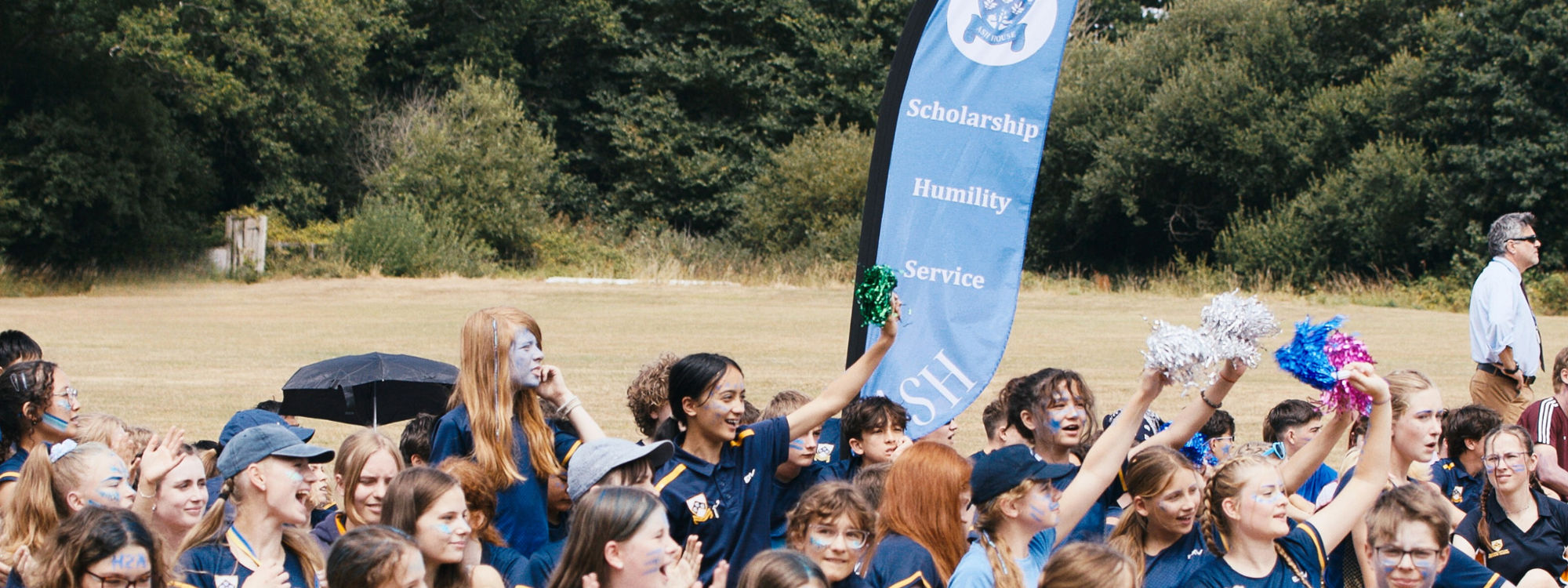- Home
- About Our School
- Our Vision & Values
Our Vision & Values
Core Visions and Values
School Purpose
Why do we exist: We are not simply here to ensure exceptional outcomes at GCSE and A level. Our Core Purpose is ‘to enable all students, regardless of background, to flourish on highly selective courses at elite institutions and in their future lives’
Core Values
Our core values of scholarship, humility and service are at the heart of our work and of our decision-making process. We define our core values as:
Scholarship – the focus on acquiring and questioning knowledge and understanding. Not simply in class but through wider reading and wider experiences through competition and application of knowledge. CGS has students who dream big, set themselves high targets and upon meeting them set higher ones.
Service – We have people who want to go out into the world and make a difference, make it better for others and not just more comfortable for themselves. They want to make the CGS community a better, more inclusive school. They are willing to listen to others, are respectful of others and desire to grow as people.
Humility – This is not being arrogant and pretending to be something that you are not. You are ‘other’ centred. In addition, you do not lack confidence, as humility is about ‘truth’; knowing and being confident about what you are good at. Remember C S Lewis says that humility is:
“Not thinking less of yourself but thinking about yourself less”.
We have students and colleagues who keep going, they get over setbacks, they help develop and improve the reputation of the school, and they leave a legacy. They are people who recognise that they are not complete, they recognise they have much to learn and work with others, in the school community, to develop their knowledge and understanding. They do everything they can to get better, in academia, professionally, and in their personal growth.
It is often quoted that the great ancient philosopher Socrates stated that he was wise, due to his statement: ‘I know that I know nothing’. It is likely that this was never spoken by the philosopher, but in Plato’s Apology, the character Socrates says:
‘I am wiser than this man for neither of us appears to know anything great and good; but he fancies he knows something, although he knows nothing; whereas I, as I do not know anything, so I do not fancy I do. Hence, I appear to be wiser that he, because I do not fancy, I know what I do not know.’
The meaning is that we all have limits to our knowledge, and we should have the humility to accept this. No matter how deeply we study we will never sound the depths of the subject and no matter how widely we read, there will always be things of which we know little. We should aspire not to know nothing, rather to having extensive and exact scholarship, but we should know that all our learning makes but a molehill on the side of the great mountain of universal knowledge. There are always more wonders to find and hence we must have academic and personal humility.
Through the values of scholarship, humility and service, we hope to enable our students to be full of joy and to flourish in their next steps.




